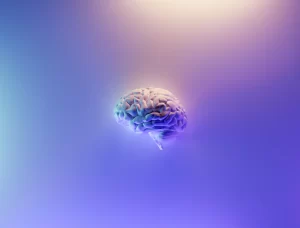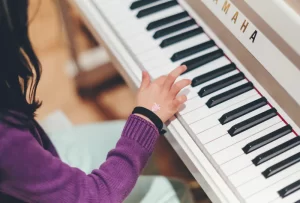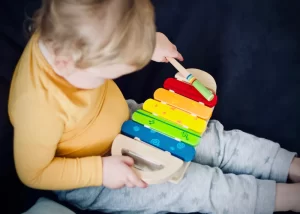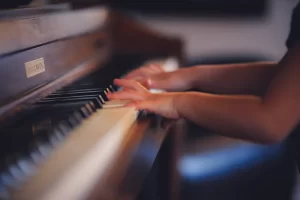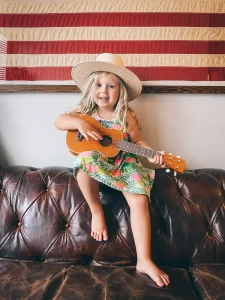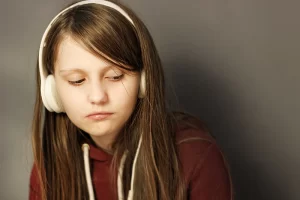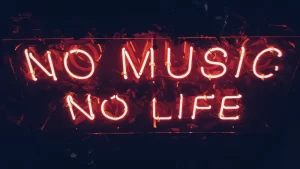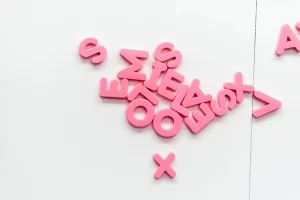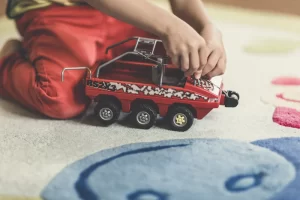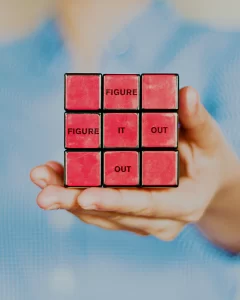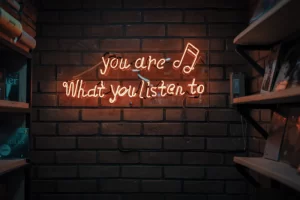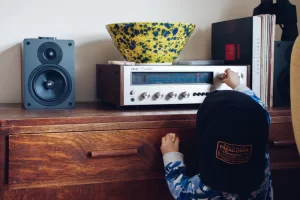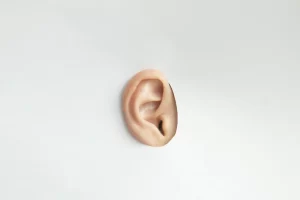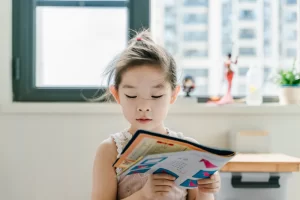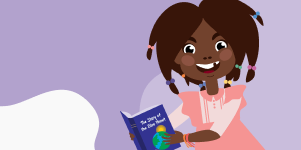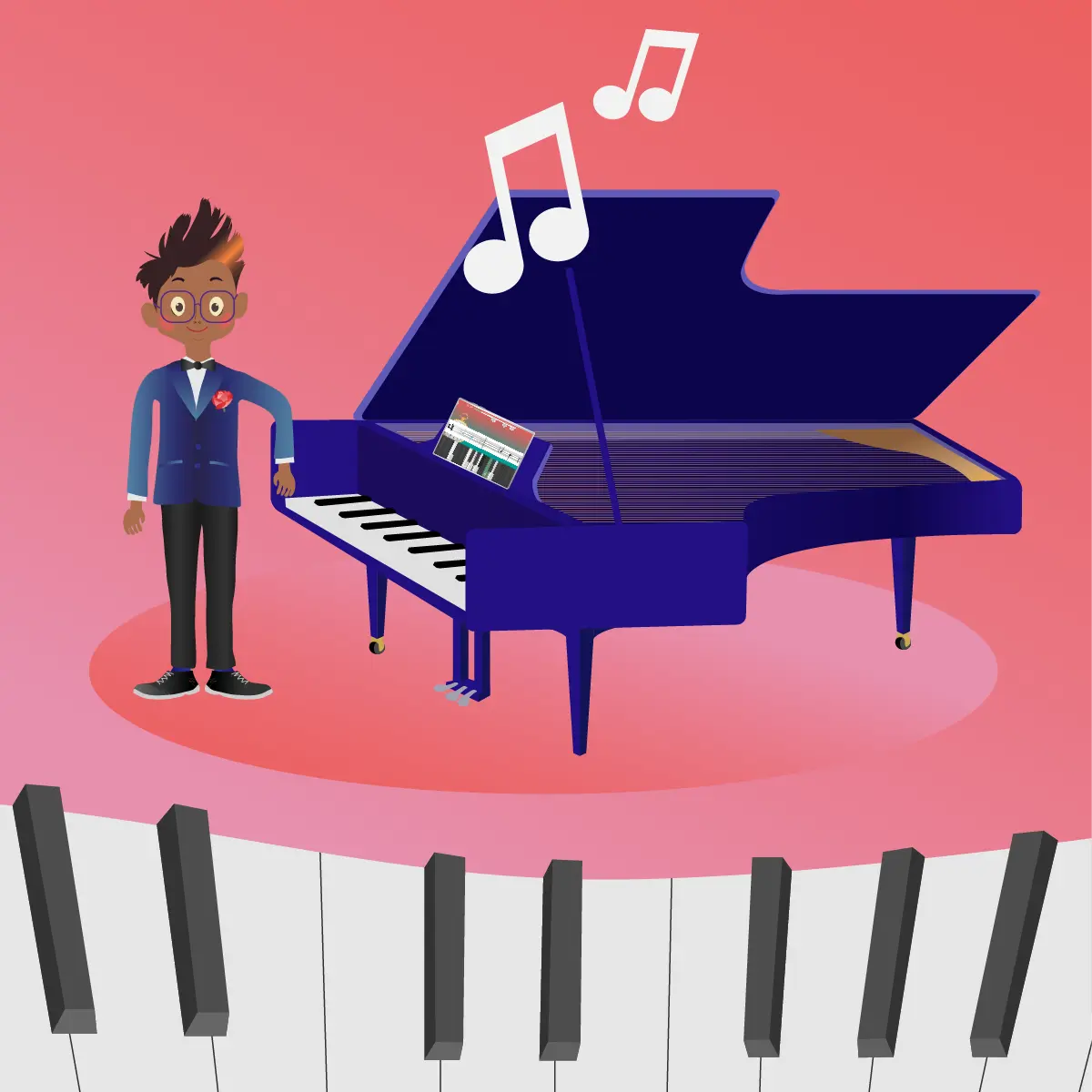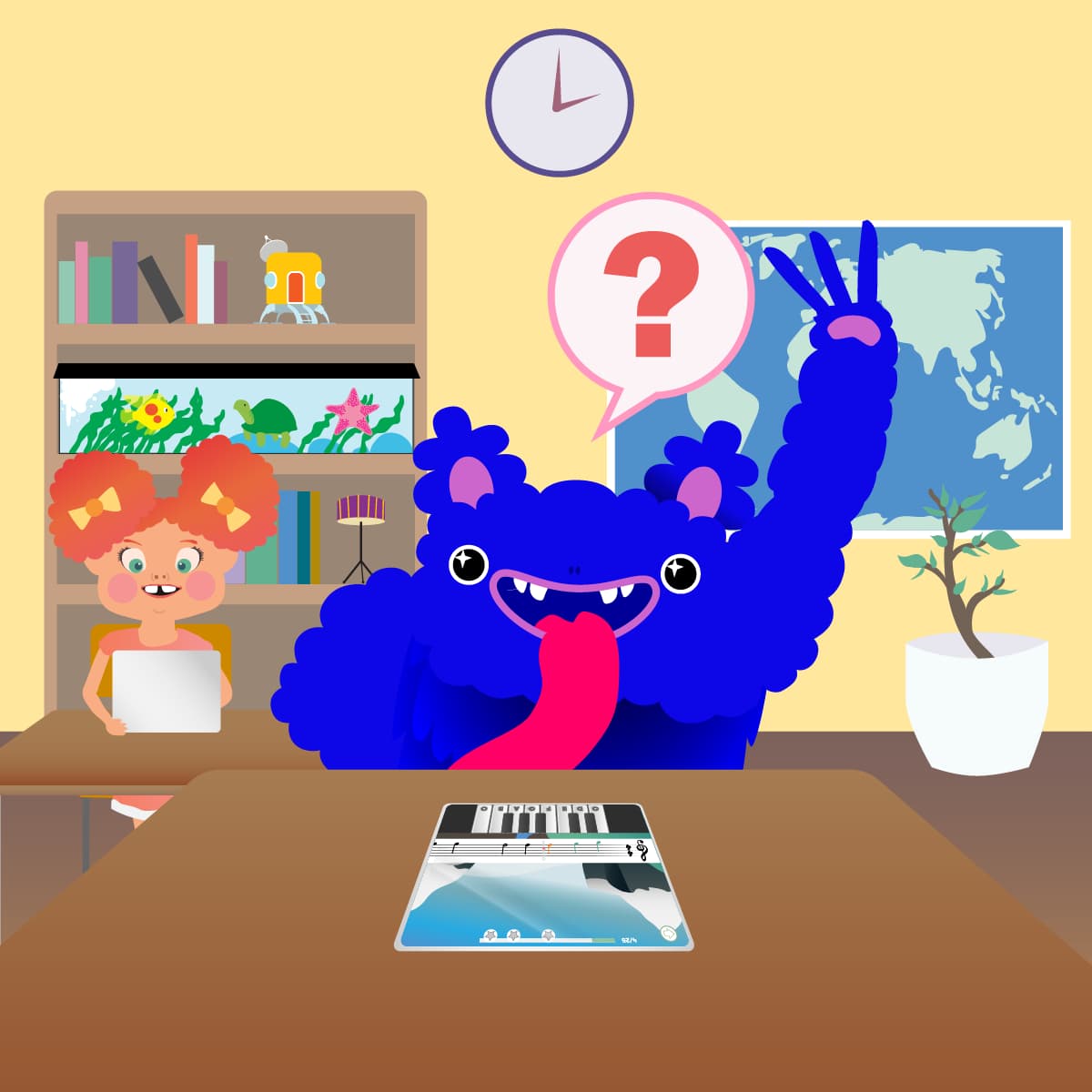By Arctic Meta,
Most children learn their first lessons through music. It’s ingrained in childhood for most cultures on the planet. Over the thousands of years since humans evolved, the act of incorporating lessons or stories into songs has become an integral part of raising a child.
Everyone remembers simple songs like ‘the itsy bitsy spider’ and ‘heads, shoulders, knees and toes.’ These songs are so easily ingrained in memory, most people can’t even remember when they first learned them or who from.
Music is a fun and entertaining part of childhood that, for most people, continues to play a significant role in life, even if it’s just rocking out to some tunes in the car or on the subway. What some people might not know is that by learning music, children actually gain access to and hone a whole bunch of other skills.
So how do children learn through music? What do they learn exactly? What particular skills does it help develop? Read on to find out.
How Music Helps Children’s Brain Development
It has been recently found that musical engagement during early childhood can actually help the brain to develop. One particular study found that incorporating music into everyday life for babies and toddlers has the benefit of enhancing a child’s language acquisition and reading skills.
Learning Through Music Games
Children connect with music from a very young age. Even babies will bounce along to a song or sway their hands if they enjoy the sounds of it. They also love play, and music lends itself to play for children pretty much from day one.
From toddlers to teens, there are a number of ways in which parents and educators can help them learn through music and musical games.
Toddlers Learning Through Music
Toddlers instinctively love to dance. They enjoy how music encourages them to move, and the best music for toddlers uses a lot of repetition. This is the age where most parents are familiar with the same song or movie being played over and over again because toddlers love repetition and routine.
It’s also at this age that kids start to develop pattern recognition, and that could easily be positively exploited to create a game. It can be as simple as picking one of their favourite nursery rhymes and challenging them to change just one word. The ‘Itsy Bitsy Spider’ could become the ‘Itsy Bitsy Giraffe.’ They can also have lots of fun finding different objects around the house to use as drums.
Preschool Children Learning Through Music
Preschoolers are natural performers. They don’t yet have all the insecurities that come along with being self-conscious and love to sing loudly. At this age, they have already discovered and enjoyed replicating beats and really enjoy songs with silly words in them.
They naturally gravitate towards songs with lyrics that are easy to understand, but they also have a pretty innate sense of what they like and don’t like. Preschool children are also eager to please, so any musical game that encourages them to complete simple challenges will be eaten up like candy.
This is the reason why games like musical chairs and pass the parcel are winners at any preschool birthday party. They’re fun, but they also teach kids risk assessment, spatial awareness and problem-solving.
School Children Learning Through Music
By the time they get to school age, children are often obsessed with music that was made specifically for them. Kids’ singalongs are particularly popular. Often this kind of music was already made with educational purposes in mind, so the songs normally involve things like spelling, counting or sequences of events. This is where parents will often become familiar with bands like The Wiggles, and if they pay attention to the lyrics, they will see that these silly songs were definitely written by teachers.
This is also a common time for kids to start showing an interest in learning a musical instrument or how to sing.
Teenagers Learning Through Music
Music often defines a lot about the life of a teenager. It is usually how teens make friends and set themselves apart from others. Most teens enjoy hanging out with friends and listening to music after school or in their free time.
In the modern age, thanks to applications like Tik Tok, music has given teens an entirely new vernacular to express themselves and feel connected to other like-minded individuals. Many of the trends they follow are musically based.
This is also an age where they start to learn more about the world they live in from the music they listen to. Lyrics become something to be deciphered and studied, and their own worldview is expanded because of this. Studies have shown that a person’s musical tastes tend to peak in their teen years, so this is an incredibly important time for learning through music.
The Benefits of Children Learning Through Music
Learning through music is a fun and engaging tool, but it does actually have some incredible benefits for the development of children.
Strengthens Listening & Language Skills
By the time a child is 10 years old, they have already developed a pretty decent understanding of the grammar, pronunciation and tenses of their native language. It’s believed that the most integral period of time for their listening and language skills is between the ages of 2 and 9.
Throughout these formative years, it’s also believed that learning through music helps to strengthen the listening and language skills they are developing. It helps to fine-tune their ears to detect differences in pitch and tone, which are also necessary for understanding language.
Improves Motor Skills
Motor skills are such an important part of simply functioning on a daily basis. The act of pushing a button to take an elevator seems easy, but it actually took years of intense development for most humans to be able to do it effectively.
Music definitely assists in the speedy development of motor skills in children. Often the simple dances kids learn when they are younger are filled with simple exercises to strengthen motor skills, like the hokey pokey. Doing these in time to music makes it more challenging but also commits many of the movements to muscle memory.
Improves Problem-Solving
Kids who receive musical education tend to perform better academically than those who don’t, but they also tend to develop their problem-solving skills at a better rate. It is believed that the dedication it takes to learn a musical instrument or technique strengthens their resilience. Kids who study music seem to understand that problems can’t always be solved immediately, but they will eventually with time and patience.
Improves Spatial-Awareness
Spatial awareness is basically the ability for a person to know their relationship with the spaces they are in. From simple things like ‘Will, this couch fit through that door?’ to complex things like assessing a parallel parking manoeuvre.
It’s not something that comes innately; it is learned as children develop. There have been several studies showing that those who experience musical education as children tend to have a better grasp of spatial awareness.
Develops Literacy
The ability to recognise, decipher and attach meaning to words isn’t easy. It’s a multilayered series of processes that sync up to enable someone to understand the written word. In reality, the same skills involved in reading and comprehension are used to interpret musical notes and turn them into audible sounds.
Music definitely helps strengthen the cognitive skills required to excel at literacy. Even if a child decides to not play an instrument later in life, the literacy skills they will have strengthened because of music education will be unmatched.
Supports Emotional Well-Being
Throughout childhood, there is a lot going on for kids at any given time. They’re constantly assessing the world around them and trying to make sense of both it and their relationship to it. It can also be hard for kids to regulate their emotions. In their heads, the world can be very black and white, so sometimes they don’t realise that they’re sad because they’re tired, or they’re grumpy because they’re hungry.
Apart from all the academic and developmental benefits learning through music provides, it also just feels good. Music is a great way for kids to alleviate stress, express themselves and support an overall feeling of emotional and mental well-being.
Supports Phonemic Awareness
Phonemic awareness is the ability to listen to and interpret sounds while associating meaning to them. It’s also about determining the sounds associated with different combinations of letters. A child with a good level of phonemic awareness is able to tell that ‘eight’ and ‘ate’ sound exactly the same.
Music also deals with phonemic awareness in a similar way to literacy. Music notes represent sound values, and once a person knows them, they are able to decipher a piece of music into a song. Students that have a musical education routinely demonstrate great phonemic awareness because of their increased exposure to it.
Improves Calmness and Ability to Focus the Mind
Music can have dramatic effects on the ability to stay calm and focused. The beat, tempo and mood of a piece of music can increase productivity, help someone destress, or even just provide a space to be a bit more reflective.
Music can also be used to help motivate a student or create good study habits. For example, if they play a certain piece of music when they are revising before exams, some of that knowledge will likely be linked to that piece of music in their head. This makes it easier to recall the information in a calm and focussed way, even under the pressure of an examination.
Strengthens Aural Discrimination
Aural discrimination is basically a fancy way of saying, ‘listening skills.’ Specifically, it deals with the ability to differentiate sounds and what they mean. Aural discrimination plays a huge role in how humans are able to understand the world around them before they are able to talk. Soon after, they are able to replicate those sounds, sometimes accurately, sometimes not.
Most adults have noticed when children say a word or phrase incorrectly. Often it’s adorable, and over time they realise their mistake, and it is fixed. Not all children make these common mistakes, though. The reason for this is that some are just better practised at deciphering and reproducing sounds. Often children who have a musical education show a higher rate of accuracy in their listening skills.
Develops Intuitive Responses
Of the many skills that music helps develop in kids, one that shouldn’t be left out is intuitive response. Intuitive response is a skill that is often associated with art. It’s the ability to go with a gut feeling and know that things will work out. This might sound like a fluke or accident, but in general, those with a good intuition are actually using a combination of deduction skills that feel like organic decisions made in the moment.
Music helps harness the ability for a student to go with their gut. By nature, music is a combination of strict discipline mixed with intense theory that aims to present something that seems as though it was made up on the spot. Those who develop a great sense of intuitive response tend to deal well under pressure, are exceptional communicators and often can seem like mavericks in their field of expertise.
How Music Supports the Development of Reading Skills
One of the major ways that music supports the development of reading skills is that there is an overlap in the connections in the areas of the brain that process language and music. This part of the brain is called Broca’s area.
The current understanding of Broca’s area is that when reading a book or listening to a piece of music, the brain doesn’t explicitly separate these two actions. Studies show that because of the close relationship of the way reading and music are processed in the brain if one skill is strengthened, the other will benefit.
How Mussila Can Help Your Child Learn Through Music
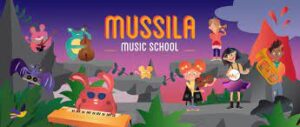
Taking all of the above information into account, it would seem that finding a way to capitalise on how music helps kids to learn would be a great idea. This is exactly the concept behind the Mussila Music School.
Mussila is an award-winning musical education application that teaches kids music through play. The app takes kids through all the elements of musical education, from theory to instruments, to even composition.
Mussila aims to give kids carefully crafted music instruction without the need for expensive instruments or classes. They just need a connection to the internet. The entire Mussila music school can be accessed from a tablet and, best of all, can be used without the need for parental supervision.
The team behind Mussila have also taken the same award-winning approach to musical education and applied it to teaching kids how to read. The app, called ‘WordPlay’, will be released soon, so be sure to follow Mussila on social media to stay up to date on all things ed-tech.
Conclusion
Music is a huge part of life for most people. It’s an incredible outlet, memory maker and personal soundtrack to the magic of life. Music also has the power to unlock hidden potential in so many other areas of education. Incorporating musical education into the routine of a student is certain to give them an incredible head start in life and the best possible chances in whatever they decide to do in the future.

